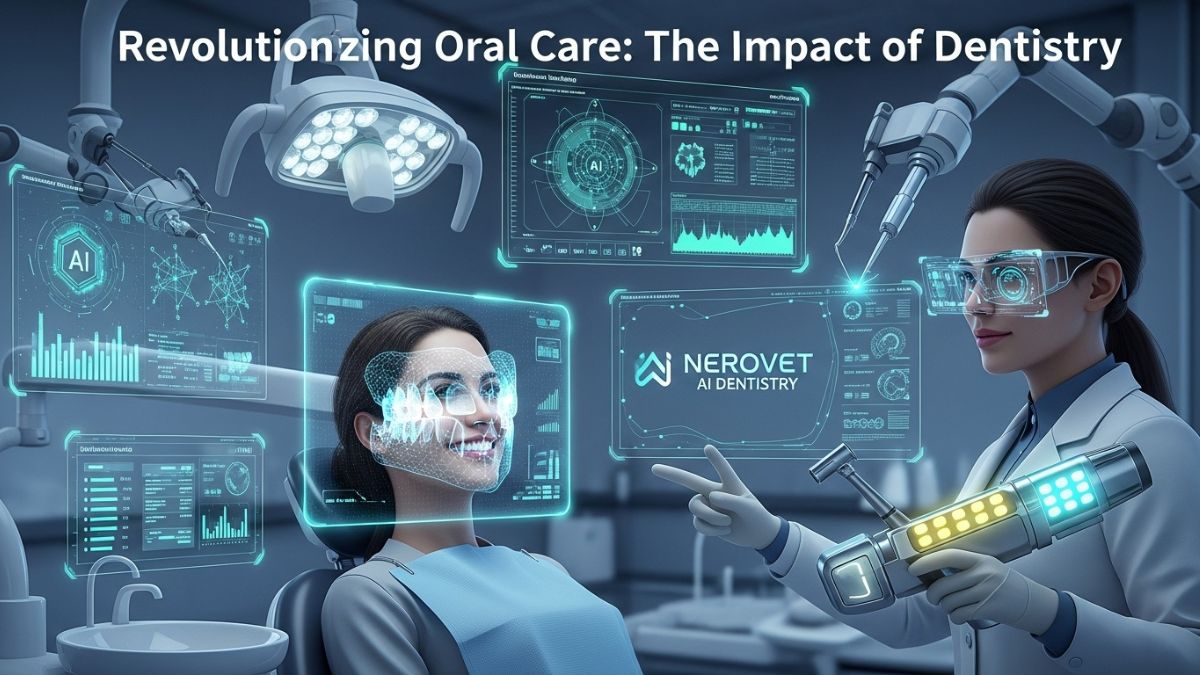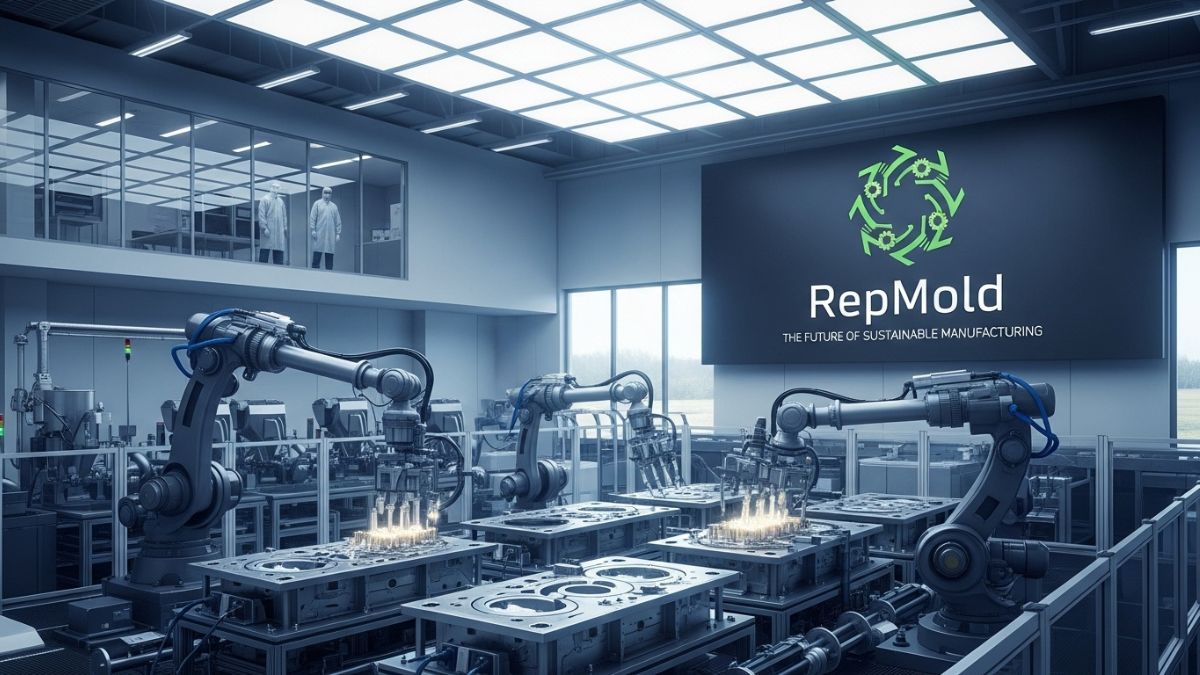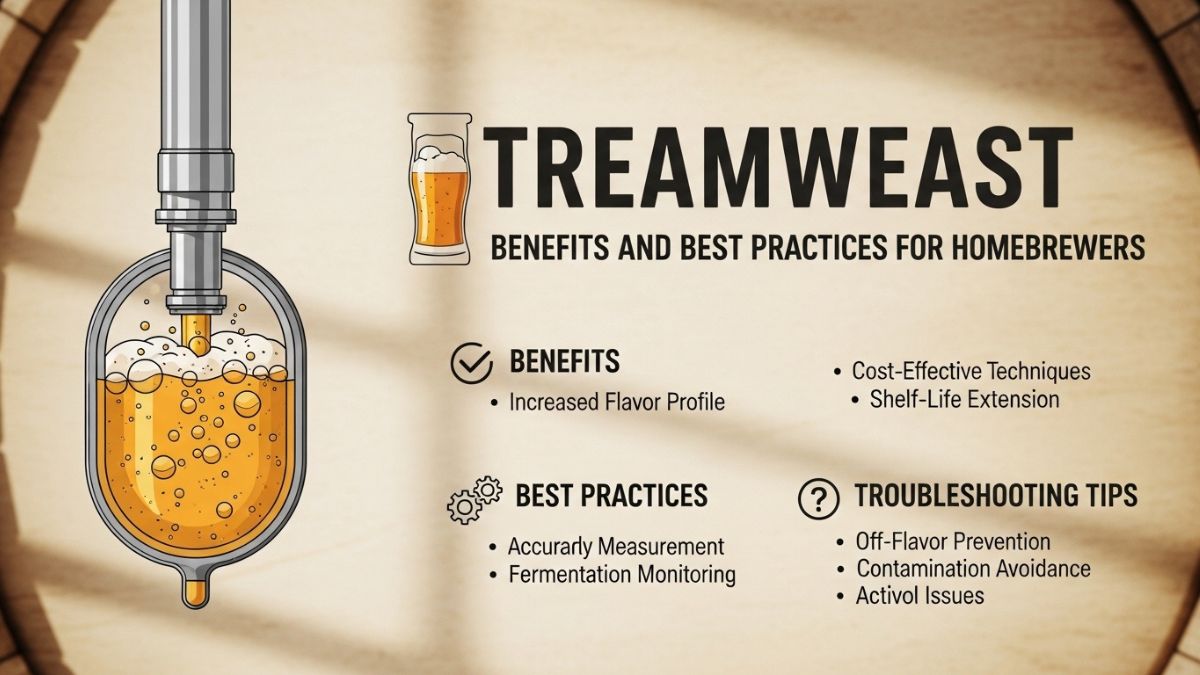Imagine stepping into a dental clinic where cutting-edge technology meets personalized care. Welcome to the world of Nerovet AI Dentistry, a groundbreaking approach that is transforming oral health. Gone are the days of traditional methods that can feel impersonal and outdated. With the integration of artificial intelligence, dentists now have powerful tools at their fingertips, enabling them to deliver precise diagnoses and tailored treatment plans like never before.
As we delve deeper into this innovative field, you’ll discover how Nerovet AI not only enhances patient experiences but also improves outcomes in ways previously thought impossible. Whether you’re a dental professional or someone who simply wants to learn more about advancements in oral care, there’s much to explore in this fascinating intersection of technology and healthcare. Let’s embark on this journey together!
The History and Development of AI in Dentistry
The integration of artificial intelligence in dentistry began decades ago. Early attempts focused on simple diagnostic tools that could analyze x-rays and assist dentists with basic assessments.
As technology advanced, so did the capabilities of AI systems. Researchers started to explore machine learning algorithms capable of recognizing patterns in dental images. This marked a significant shift, enabling more accurate diagnoses.
By the 2000s, various software emerged that utilized AI for treatment planning and patient management. These innovations streamlined workflows and improved communication between dental professionals.
In recent years, companies like Nerovet have revolutionized oral care through sophisticated AI models. They leverage vast amounts of data to enhance predictive analytics and personalize treatment options for patients.
Today’s applications range from virtual consultations to automated reminders for appointments and follow-ups, showcasing how far AI has come in transforming dentistry into a more efficient practice.
Advantages of Using Nerovet AI in Oral Care
Nerovet AI dentistry transforms oral care by enhancing diagnostics. Its advanced algorithms analyze x-rays and scans with unmatched precision, allowing dentists to detect issues earlier.
Efficiency is another significant advantage. With automated processes, practices can streamline patient management. This leads to shorter wait times and more time for personalized care.
Moreover, Nerovet’s predictive analytics help in tailoring treatment plans. By evaluating a patient’s history and risk factors, it suggests the most effective interventions.
Patient engagement improves as well. Through interactive tools powered by AI, individuals gain insights into their oral health like never before. This encourages them to take an active role in their dental hygiene routines.
Cost-effectiveness stands out as a major benefit. By reducing unnecessary procedures through accurate assessments, both patients and providers save resources while achieving better outcomes in oral health.
Case Studies: Real Life Examples of the Success of Nerovet AI Dentistry
Nerovet AI Dentistry has transformed patient care in remarkable ways. One notable case involved a dental clinic that implemented this technology to diagnose cavities more accurately. The result? A significant reduction in misdiagnoses and unnecessary treatments.
Another example showcases a practice using Nerovet’s predictive analytics for treatment planning. Dentists were able to customize care plans based on historical data, leading to improved outcomes and higher patient satisfaction.
A third case highlighted the efficiency of Nerovet AI in managing appointment scheduling. By analyzing patient flow patterns, clinics optimized their schedules, minimizing wait times and enhancing the overall experience.
These instances illustrate how embracing innovative solutions like Nerovet can lead to enhanced precision, efficiency, and satisfaction within dentistry practices across various settings. Each success story adds weight to the argument for integrating artificial intelligence into oral healthcare.
Potential Challenges and Ethical Concerns
As with any technological advancement, Nerovet AI Dentistry brings its own set of challenges and ethical dilemmas. One primary concern is patient data privacy. The use of AI necessitates the collection and storage of sensitive information, raising questions about security measures in place to protect this data.
Moreover, there’s the issue of accountability. When an AI system makes a mistake or provides inaccurate diagnosis, who holds responsibility? This uncertainty can complicate relationships between patients and healthcare providers.
Bias in algorithms also poses a significant challenge. If not carefully monitored, AI systems may inadvertently reinforce existing disparities in oral health care access and outcomes among different demographics.
There’s anxiety surrounding job displacement among dental professionals. As NEROVET continues to evolve, many worry that automation could replace human roles rather than augment them. Addressing these concerns will be essential for ensuring responsible integration into oral care practices.
The Future of Nerovet AI Dentistry
The future of Nerovet AI dentistry looks promising and transformative. As technology evolves, so does the potential for more sophisticated dental solutions. This innovation is set to enhance patient experiences significantly.
With advancements in machine learning algorithms, we can expect even greater accuracy in diagnostics and treatment planning. Dentists will be equipped with tools that analyze vast amounts of data swiftly, leading to personalized care.
Integration with telehealth platforms could also expand access to quality oral care. Patients may receive consultations from specialists without having to leave their homes.
Moreover, continuous improvements in user-friendly interfaces will empower patients to engage actively in their dental health journey.
As research progresses, the collaboration between human expertise and artificial intelligence will likely redefine traditional practices, making dentistry more efficient than ever before.
Conclusion:
The advancement of Nerovet AI dentistry marks a significant shift in oral healthcare. This innovative technology has the potential to reshape how dental professionals diagnose and treat patients. By harnessing the power of artificial intelligence, Nerovet not only streamlines processes but also enhances accuracy.
The integration of AI in dentistry is just beginning to scratch the surface. With ongoing research and development, we can expect even more sophisticated applications that will improve patient care and outcomes. The success stories emerging from current implementations show promise for a future where dentists can harness data-driven insights to provide personalized treatment plans.















